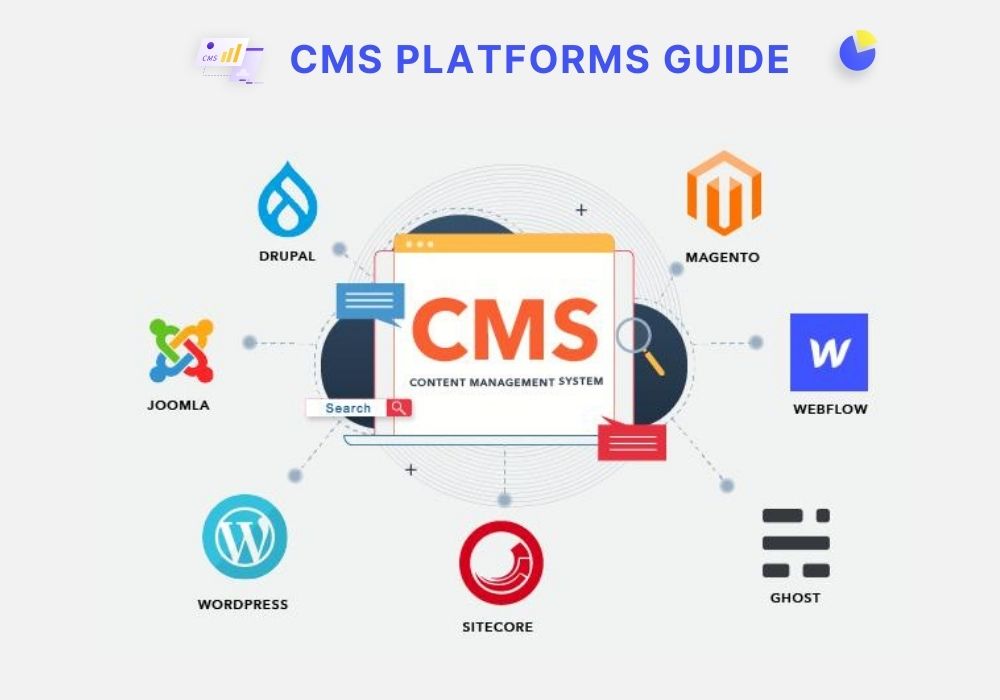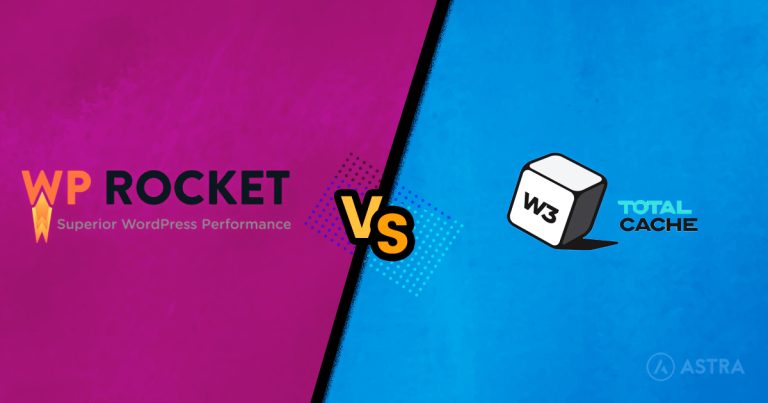CMS Platforms Guide Boost Your Site’s Potential!
CMS platforms are tools for managing digital content and websites. They enable users to create, edit, and publish web content easily.
Content Management Systems (CMS) are pivotal in the digital landscape, empowering individuals and businesses to launch and maintain websites without needing extensive coding knowledge. These platform-based solutions streamline content creation, storage, and presentation, making it more accessible for users to manage web pages, blogs, and online stores.
A CMS typically offers a user-friendly interface, allowing for efficient organization and control of content, along with various features and plugins to enhance functionality and SEO performance. With a focus on simplicity and efficiency, CMS platforms cater to a wide array of users, from bloggers to large-scale enterprises, assisting them in building an effective online presence. By simplifying complex web development tasks, these systems have become indispensable tools in the world of website creation and management.
In the realm of website development, there exists a fascinating Difference between WordPress website and Coding Website.
Choosing The Right Cms Platform
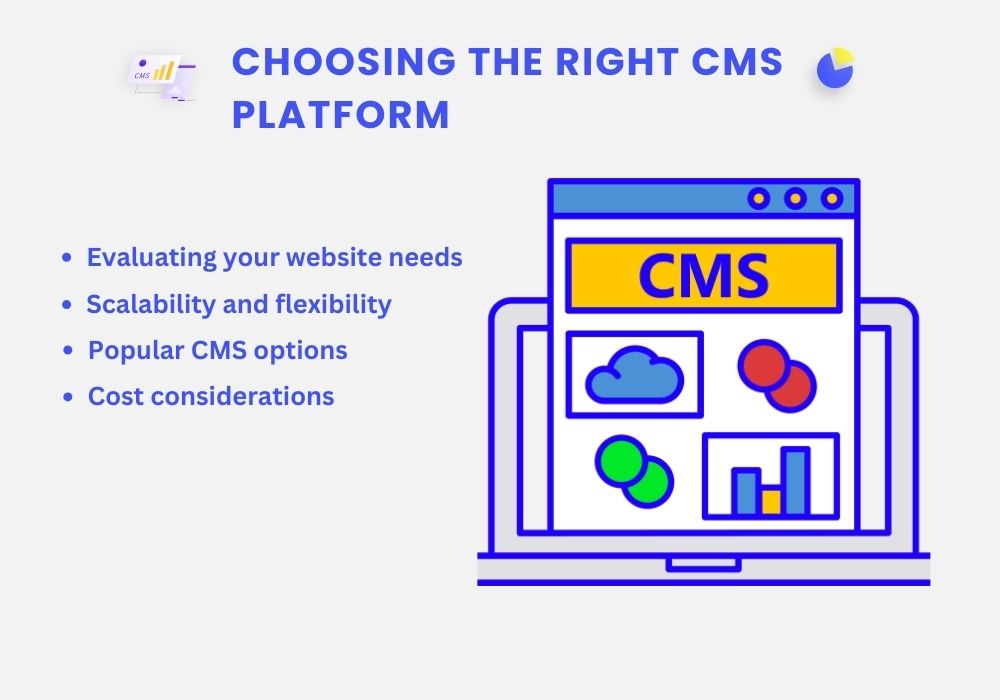
- Evaluating your website needs is crucial before selecting a CMS platform. Consider the type of content you will publish. Think about the features you desire. User-friendliness is essential for teams with non-technical members.
- Popular CMS options include WordPress, Joomla, and Drupal. WordPress is known for its ease of use and large community. Joomla offers flexibility and is good for e-commerce. Drupal is great for complex, highly customized sites.
- Cost considerations involve more than just the initial price. Factor in hosting, themes, plugins, and maintenance. Some platforms offer free versions but may require payment for advanced features.
- Scalability and flexibility are key for growing websites. Ensure the CMS can handle increased traffic. It should adapt to changing business needs. A platform that allows for design and functionality changes is ideal.
popular Content Management System (CMS) platforms
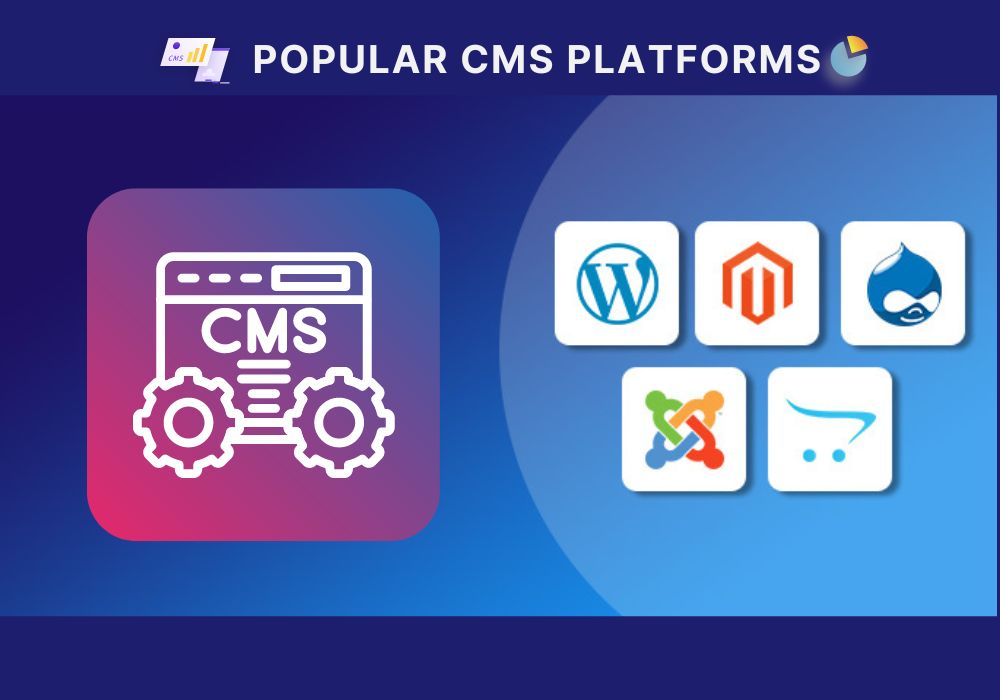
Here are some popular content management system (CMS) platforms:
- WordPress
- Joomla
- Drupal
- Magento (for e-commerce)
- Shopify (another e-commerce platform)
- Wix
- Squarespace
- Blogger
- Ghost
- TYPO3
These are just a few examples, as there are many other CMS platforms available catering to different needs and preferences.
Anatomy Of A Powerful Cms
A powerful CMS offers easy navigation and management. Its dashboard should simplify website upkeep. Users can make changes effortlessly.
Customization capabilities are crucial. They enable unique site designs and tailor-made experiences. Each business demands a distinctive online presence.
The best CMS platforms include a wide range of extensions and plugins. These add-ons enrich functionality, letting users expand their website’s capabilities without deep technical expertise.
| User-Friendly Interface | Allows simple content management |
| Customization Capabilities | Supports unique branding needs |
| Extensions and Plugins | Enhance website functionality |
Maximizing CMS Platforms
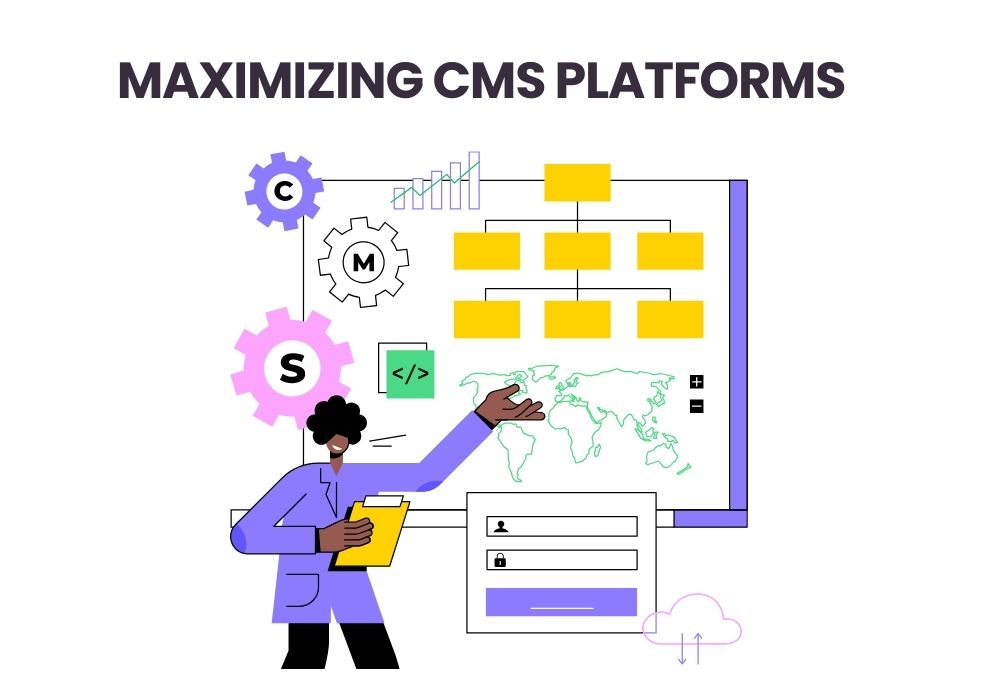
Webflow requires robust CMS platforms. With the right tools, teams can manage content swiftly and effectively. A key feature within these platforms is role management. This allows for precise access control across different team members. You can assign editors, writers, or admin roles depending on project needs.
If you need you can transfer from Webflow to WordPress by exporting the code from Webflow and importing it into WordPress using the file import/export feature.
Alongside role management, SEO tools play a critical part in content strategy. These tools help improve visibility on search engines like Google. They guide in optimizing titles, meta descriptions, and keywords. This ensures that your content reaches the right audience.
| Feature | Advantages |
|---|---|
| Role Management | Defines team member access, simplifies tasks |
| SEO Tools | Enhances search ranking, targets the correct audience |
Integrating Third-party Services
Integrating third-party services within CMS platforms enhances capabilities. E-commerce solutions allow for seamless online store management. Users add shopping carts and payment systems with ease.
Social media integration expands reach, connecting content to platforms like Facebook and Twitter. Sharing becomes simple, growing the audience effortlessly. Analytics and reporting tools offer insights. Site owners track visitors, understand behavior, and improve strategies.
| Service | Benefits |
|---|---|
| E-Commerce | Streamlined sales, and inventory management |
| Social Media | Increase visibility, enhance user engagement |
| Analytics | Data-driven decisions, track growth |
Maintaining And Securing Your CMS Platforms
Keeping your CMS platform updated is crucial for security and performance. Regularly schedule updates and backups to prevent data loss. This routine helps in fixing vulnerabilities and introducing new features. Security patches address identified bugs, making your site less prone to attacks.
Defend your CMS from hackers and threats by implementing strong passwords and firewalls. Use two-factor authentication (2FA) to add another security layer. Regularly scan your system for any signs of intrusion or malware. Keep plugins and themes to a minimum to reduce risk points.
Data privacy laws are a must-follow for websites. Ensure your CMS complies with regulations like GDPR or CCPA. Update privacy policies and manage user data responsibly. Regular audits can identify potential compliance issues, keeping your site on the right side of the law.
Future-proofing Your Website
Understanding the latest tech is key to making sure your website stays ahead. Using new technologies makes your site modern and ready for the future. With the rise of smartphones, responsive design is a must. It makes sure your website works well on phones and tablets. Keeping your content fresh and on-trend is also essential. You want to catch the eye of visitors with cool, new content. This approach helps your site to stay popular and relevant.
| Emerging Technologies | Responsive Design | Content Trends |
| Stay ahead with innovation | Essential for mobile visitors | Keep content fresh and engaging |
Remember, embracing emerging technologies lets your site evolve. A site that looks great on any device is what users expect. So, ensuring your site is mobile-friendly is critical. New content trends should guide what you create. This keeps visitors coming back for more.
Conclusion
Navigating the realm of CMS platforms can be complex, yet it’s essential for a dynamic digital presence. The right choice streamlines content management boosts SEO, and enhances user experience. Remember, aligning platform capabilities with business goals is key to online success.
Choose wisely and watch your web world flourish.

